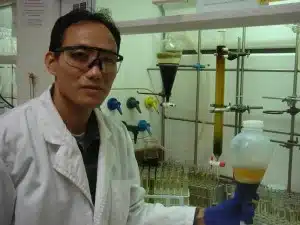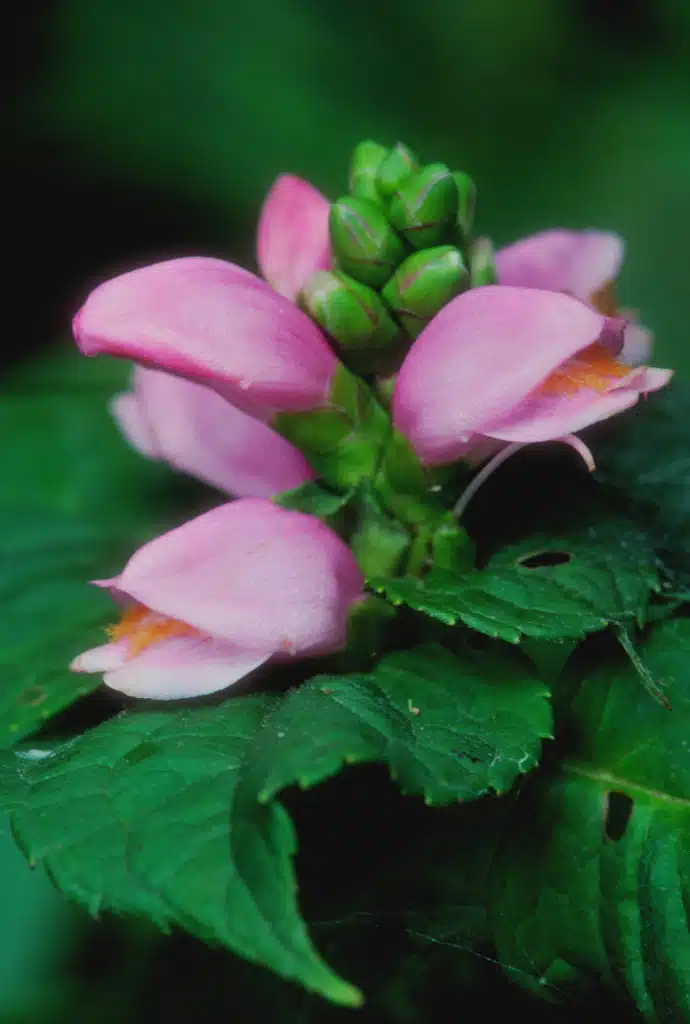
Dr Phurpa Wangchuk, James Cook University
It may be possible to reduce the pain of inflammatory bowel disease using an extract from a traditional Himalayan medicine, according to Cairns researchers.
The blue rocket (or wolf’s bane) herb, which grows in the Bhutanese Himalayas, has historically been used to treat chronic infections and inflammation.
Ironically, the herb and its relations are even more famous as a poison.
“We isolated five small molecules from the root of this plant,” says Dr Phurpa Wangchuk of James Cook University. “And we found that one of those molecules provided protection against colitis inflammation, a severe type of inflammatory bowel disease.”
Inflammatory bowel disease is one of the most common afflictions in developed nations – over 5000 additional cases are diagnosed every year in Australia alone and 100,000 Australians are expected to be affected by the disease by 2022.
“New strategies are needed to improve the health of patients and to curb cost to the Australian economy,” says Phurpa, who says that the disease costs Australia $3.1 billion each year. “There are limited treatments for the disease and the numbers affected are increasing.”
This research is in the early stages of development and needs to undergo further investigation into its toxicity before any human trials can go ahead.
Blue rocket or wolf’s bane is far better known as a poison than as a medicine. Variously known as wolf’s bane, leopard’s bane and ‘The Queen of all Poisons’, the herb is the poison of choice in stories from Greek mythology to vampire films to Harry Potter.
Researchers needed to hike three days to reach the plant, which only grows at altitudes of more than 3000m above sea level.
Phurpa presented his research at Fresh Science North Queensland 2015.
Fresh Science is a national program that helps early-career researchers find and share their stories of discovery. Almost 180 early-career researchers nominated for Fresh Science 2015, and this was the first year it was held in Townsville. Fresh Science North Queensland was held at James Cook University (training) and Molly Malone’s hotel (public challenge event).
Fresh Science North Queensland was supported by James Cook University and the Australian Institute of Marine Science.
Contact: Dr. Phurpa Wangchuk, James Cook University, phurpa.wangchuk@jcu.edu.au





 Fresh Science is on hold for 2022. We will be back in 2023.
Fresh Science is on hold for 2022. We will be back in 2023.